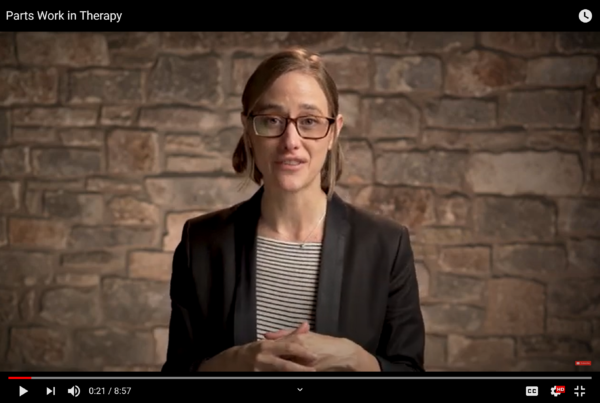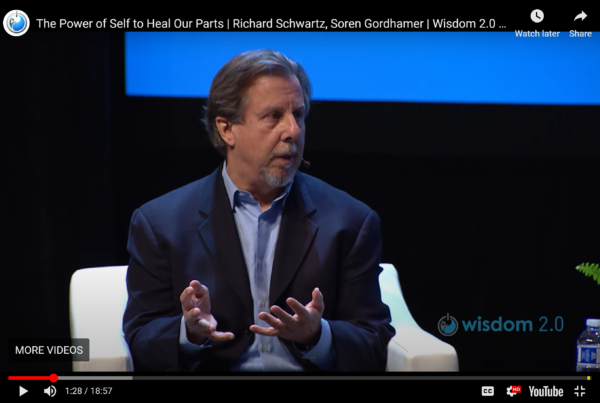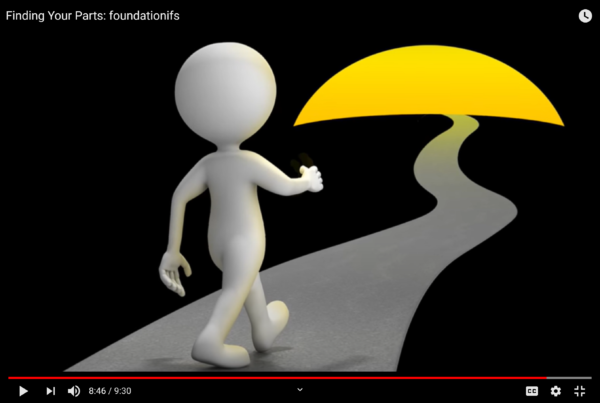The second part of this article from the HuffPost on how to deal with anxiety continues with more expert practical and psychological advice and tips on how to manage anxiety when you wake up in the morning. The original article divides the tips into advice before going to bed and upon waking in the morning as follows;
Before Bed
- Put your devices on silent and keep them out of sight
- Set out your clothes for tomorrow
- Allot yourself some chill time
- Try some mental exercises
- Reflect on the positive aspects of your day
- Hit play on a relaxing song
In the Morning
- Let your phone be
- Reframe your anxiety by acknowledging it
- Schedule some time just for yourself
- Breathe
- Move your body
- Remember that anxiety is a normal human emotion to feel
Let your phone be.
Do yourself a favor and resist the urge to see if an overseas client responded to your email. Just as your devices can stress you out before bed, they can frazzle your brain first thing in the morning. Instead of waking up to a list of things you’ve missed or need to tackle, allow yourself to just be in the present moment of your morning.
Reframe your anxiety by acknowledging it.
“Noticing that you’re anxious, responding to it in a way that says, ‘It’s bad. I hate this emotion. What if it never goes away? I have to get rid of it,’ has the effect of intensifying the emotion and keeping it around,” Driscoll said.
When you do this, anxiety becomes something else to be anxious about. “A way to let go of the struggle is to build skills in service of acceptance and acknowledgment of the emotion,” he added. “Remember that acceptance is not the same thing as approval of or liking anxiety. Practice acknowledging anxiety by saying, ‘Yes, I am feeling anxious right now.’
Schedule some time just for yourself.
Ditching your morning phone habit may give you the extra time you need to start your day off right, but if you really want to soak up your free time, consider setting your alarm a little bit earlier. Having some time to yourself to engage in activities that can benefit your brain ― like reading the paper or meditating ― can set the tone for the rest of your day. Those extra minutes are beneficial even if they just allow you to feel less rushed as you prepare yourself for the day.
Breathe.
You don’t even have to get out of bed for this one. Breathing is a power tool in reducing anxiety because it calls upon your body’s relaxation response. Try inhaling to the slow count of four, noticing as your belly, ribcage and chest fill with air, then slowly exhale for the same count. You can use this trick at any time of day to find some relief.
Move your body.
You don’t have to go to a workout class to reap the anxiety-relieving benefits of exercise (though, if you enjoy a sweat session first thing in the morning, by all means, keep it up). Maybe you can squeeze in a walk around your block, or perhaps you can practice some yoga in your living room with the help of a favorite app or video. Just getting some physical movement into your morning can help you feel more calm.
Remember that anxiety is a normal human emotion to feel.
Bottom line: Don’t shame yourself for how you feel. Driscoll said anxiety exists for a reason, and you don’t need to brush it off as a problem that’s “all in your head.”
“There are legitimate problems in people’s lives setting off anxiety,” he said, adding that behavioral therapy practices and mindfulness-based stress reduction “have some of the strongest evidence bases out there for helping people let go of the struggle with anxiety.”
So while this list provides a bunch of useful techniques that can work for one person, another may need more professional support to start feeling relief and that’s OK.”
Please feel free to get in touch with me for a friendly chat or to schedule an initial appointment.










